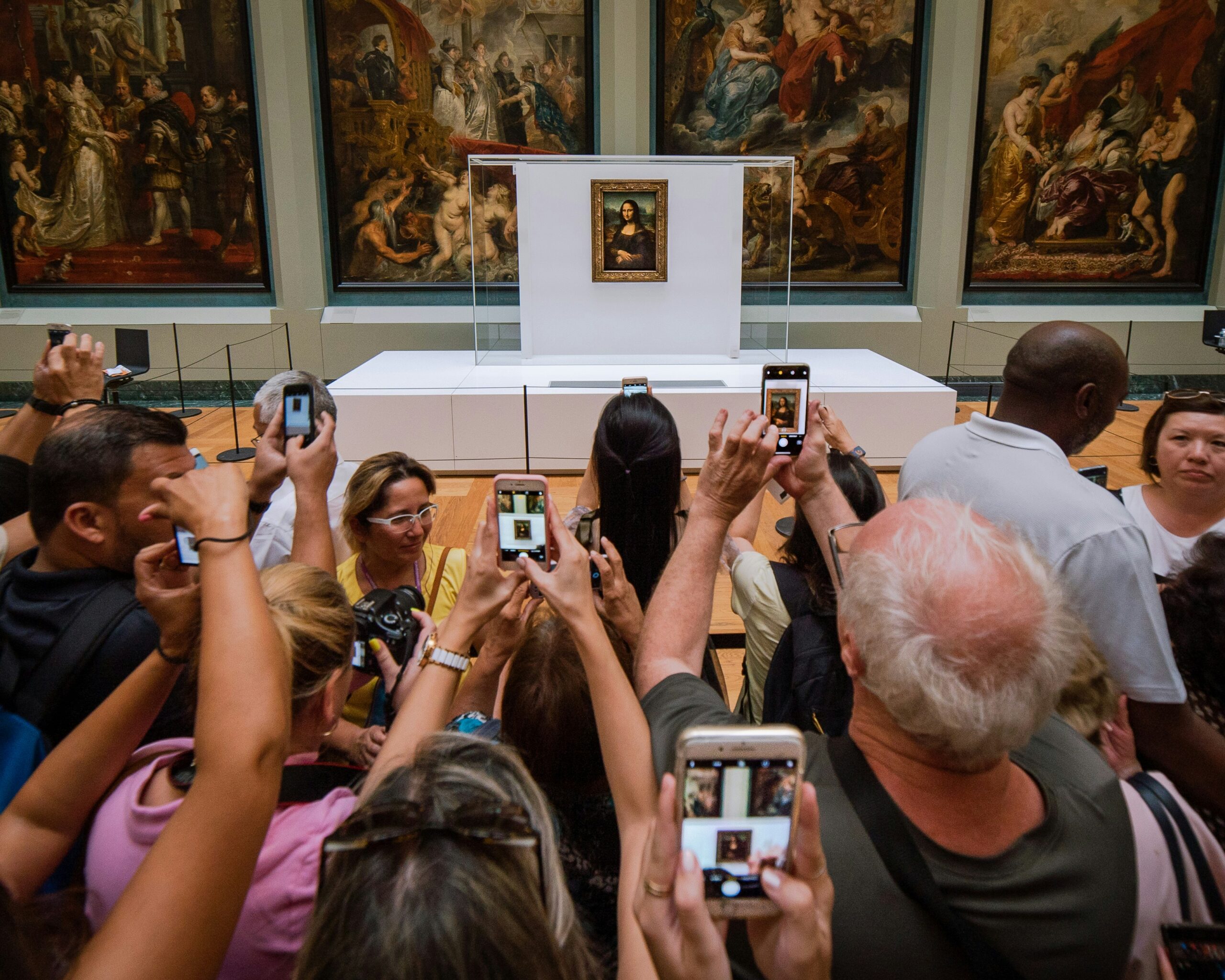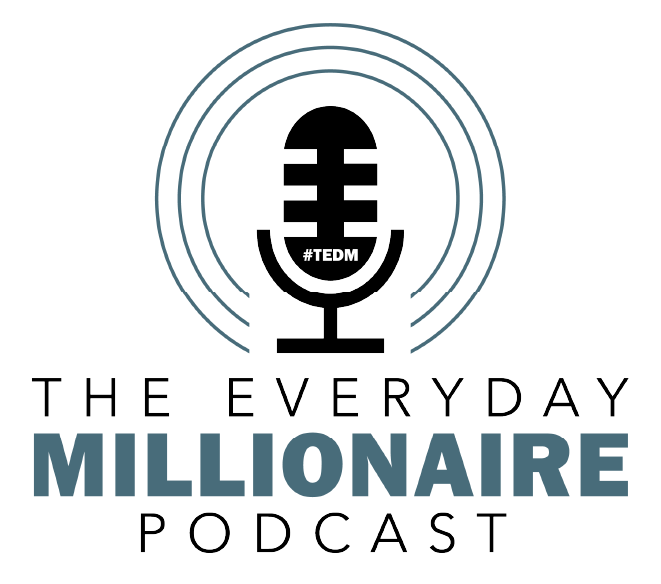February 13, 2025
Why Instant Gratification Is Making You Less Happy And What to Do About It

For years, I’ve watched people—myself included—chase something they call happiness, only to end up feeling more unfulfilled than ever. The problem? Most people aren’t actually seeking happiness. They’re hooked on pleasure.
Pleasure and happiness are not the same. Yet, in today’s fast-paced, dopamine-driven world, they’ve become so intertwined that many don’t even realize they’re chasing short-term highs instead of lasting fulfillment.
Think about the last time you scrolled through social media, bought something new, or binged on your favorite show. It felt good in the moment, right? That’s pleasure. But did it leave you truly fulfilled? Probably not. In fact, it might have left you feeling worse once the moment passed.
There’s a reason for that. Pleasure is fueled by dopamine—a neurotransmitter that gives us a quick hit of excitement and motivation. Happiness, on the other hand, is linked to serotonin, which creates a deeper, long-term sense of well-being. The problem is that excessive dopamine actually suppresses serotonin, meaning the more we chase pleasure, the harder it becomes to feel truly happy.
5 Key Takeaways on Pleasure vs. Happiness:
- Pleasure is short-lived; happiness is long-lasting. – Dopamine gives us a quick hit, but happiness requires deeper engagement and long-term fulfillment.
- Pleasure is about taking; happiness is about giving. Acts of service, connection, and contribution create happiness, while pleasure often comes from self-indulgence.
- Pleasure can be addictive; happiness cannot. Shopping, social media, gambling, and even food can create dependency, while happiness is sustainable and doesn’t require “more” to keep feeling good.
- The more pleasure you chase, the less happy you feel. Dopamine overload downregulates serotonin, meaning a lifestyle built on instant gratification actually makes long-term happiness harder to achieve.
- Happiness requires effort, but it’s worth it. Unlike quick dopamine hits, true fulfillment comes from meaningful relationships, purposeful work, and personal growth.
The Instant Gratification Problem
We live in a world designed to keep us in a state of constant stimulation. Social media, online shopping, and entertainment platforms are built to maximize our dopamine hits, keeping us hooked on the next big thing. But when the high fades, we’re left feeling empty—so we chase the next pleasure fix, and the cycle continues.
The result? Increased anxiety, depression, and a general sense of dissatisfaction. Studies show that people who rely on external sources of pleasure often struggle with deeper happiness because they never develop the internal foundation for fulfillment.
How to Break Free from the Pleasure Trap
If you’re feeling stuck in the loop of instant gratification, the good news is that you can rewire your habits. Start by increasing awareness. Ask yourself: Am I seeking pleasure to escape discomfort, or am I building something meaningful?
Practice delayed gratification. Invest in activities that require effort but lead to long-term rewards—deep relationships, physical health, learning a new skill, or working on a passion project. These actions release serotonin, the true chemical of happiness.
Most importantly, redefine what happiness means to you. It’s not found in a shopping cart, a like count, or a dopamine rush. It’s found in purpose, connection, and living in alignment with your values.
When we stop chasing pleasure and start building happiness, we step into a life that is truly fulfilling. The choice is ours.







